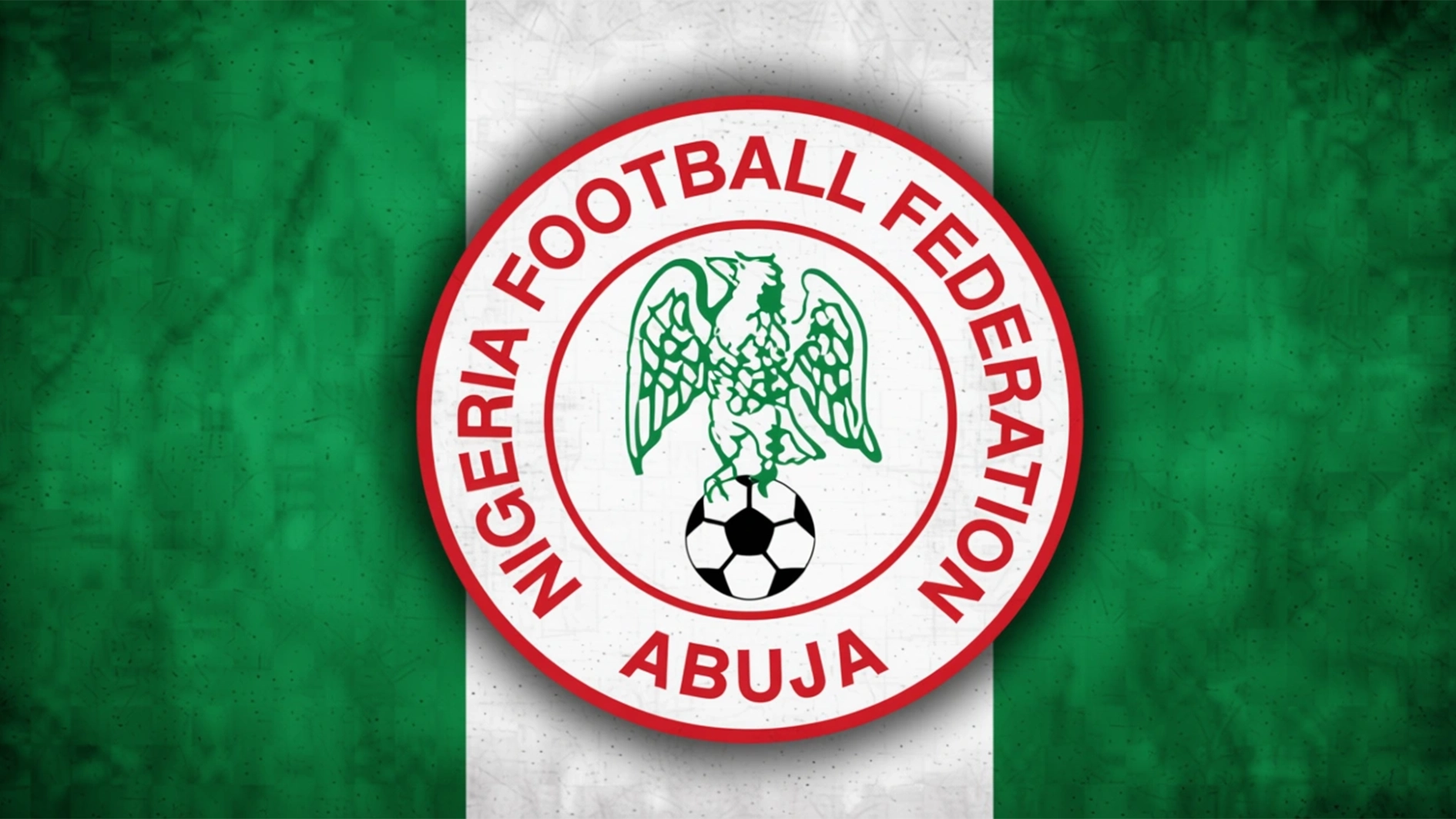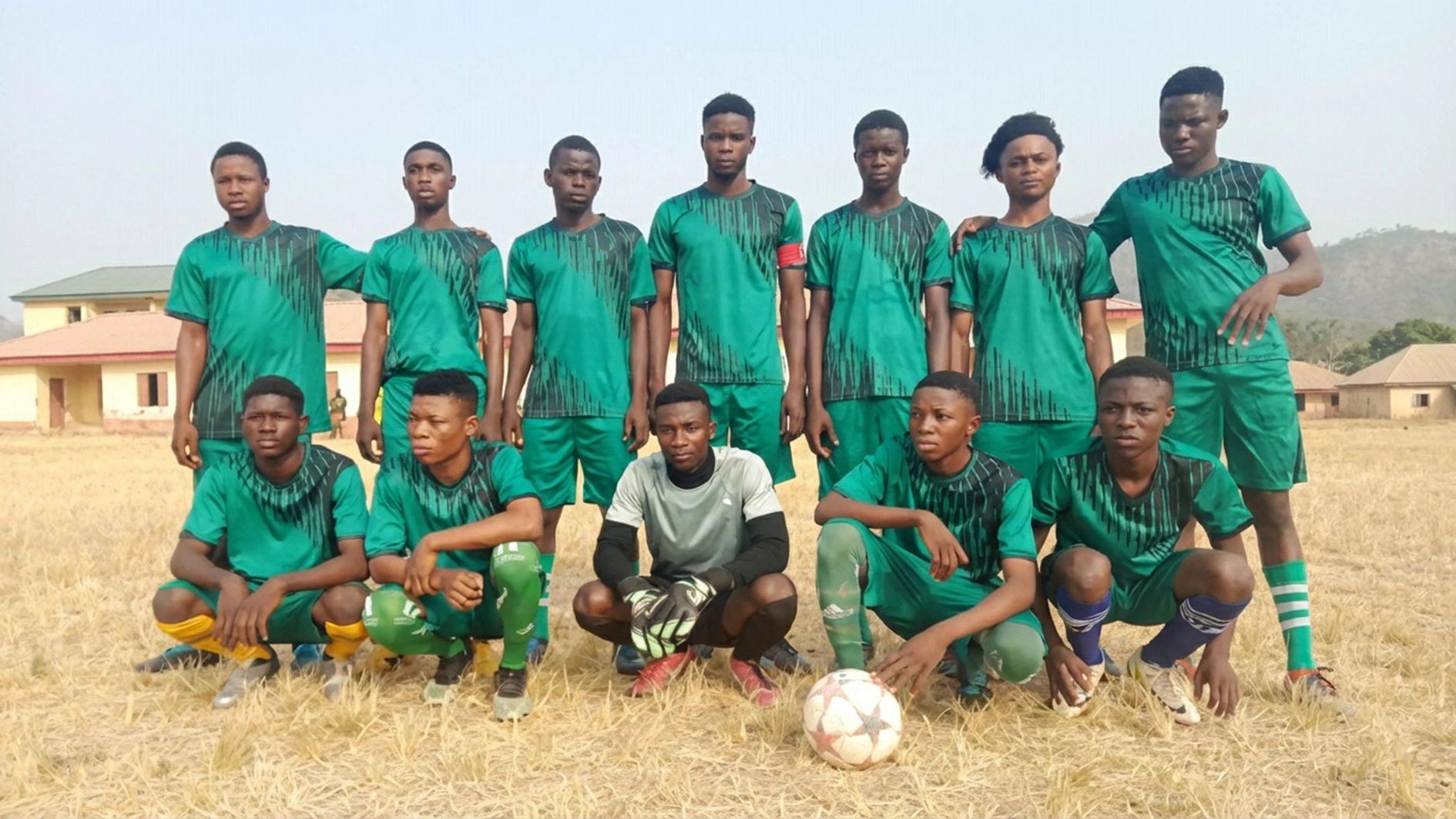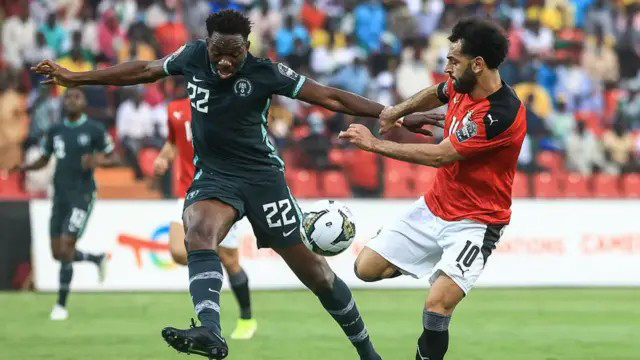Though surrounded by water bodies, Nigeria has failed to leverage this and other factors to build a successful swimming culture that can throw up world-rated swimmers. GOWON AKPODONOR writes that with the average Nigerian’s physiology being a “disincentive”, the country must be both intentional and methodical to ensure a turnaround.
As a sporting discipline at both local and international meets, swimming offers immense medal prospects. Even though it’s a rarity due to the incredible skills and energy required to operate at such a frequency, a swimmer can potentially win a maximum of nine medals in a single Olympic Games.
At the Beijing 2008 Olympic Games, Michael Phelps of the United States set a world record for the most medals won in a single Olympics, with eight gold medals.
Phelps’ achievement, which was more than the total number of gold medals won by many countries, including Nigeria, was made possible by competing in multiple individual events and relays.
Countries like the United States, Australia, China, Germany, Britain, France, and Brazil, which are always at the top end of the medals table at most Olympic Games, depend largely on the medals they earn from the various water events.
With a strong swimming legacy, robust university system, and a well-developed layout for athlete development, Australia and the United States have continued to dominate swimming because their systems make room for swimmers to progress from recreational swimming to professional competition.
Australia has consistently performed better in the Olympics than over 50 countries with larger populations, and has won more medals in swimming than any other sport at the Olympics. Indeed, medals from swimming account for over two-thirds of the country’s total medal haul as its strong swimming culture, coupled with investments in facilities and athlete support, has fueled a consistent stream of medals in the sport.
In South Africa, for instance, swimming is a strong contributor to their Olympic medal count, second only to athletics. South Africa has secured a significant number of gold medals over the course of its Olympic history, and the sport has provided both men and women with opportunities to reach the podium, with notable performances in individual events and relays.
Nigeria has not always been backwards in swimming. Even before the country gained independence from Britain in 1960, it had a developed swimming culture, which threw up such stars as Kofi Duncan, Dr Nnamdi Azikiwe, Dr M.O. Alakija, and Dr J.K. Randle.
A couple of years before the country’s independence, Nigeria formed its first national swimming association, known as the Amateur Swimming Association of Nigeria, with E.J. Moses as its chairman. The mandate of the association was to develop a virile swimming culture for the emerging country in line with the best programmes that had served Britain and some of the other Commonwealth countries well.
With independence came an agreement with the British Council and the Nigerian Sports Council to help set the sport of swimming to a standard in Nigeria. Thus began a deliberate effort to ensure that Nigeria competed successfully against other nations at major championships.
This new push gave the country such renowned stars as Joseph Afekafe, Stephen Onyeacholam, Modupe Enigbokan, Funke Adebawo, Funke Zedomi, and Tunde Fatayi-Williams.
These stars and some others after them have been able to win regional and continental medals for the country, but the major challenge, according to stakeholders, has been in translating this to the global arena, such as the Commonwealth Games and the Olympics.
Research has shown that the Australian Sports Commission directly invested a record $398.3 million in high-performance funding for its swimmers and other athletes before the Paris 2024 Olympics.
This money was used to fund projects such as developing a replica Paris BMX Freestyle track and launching a new canoe slalom kayaking programme, which helped contribute to their Olympic success.
Since the Tokyo Olympics Games, the sum of $47 million has been awarded as athlete support grants, which allows Australian athletes to train more and work less.
Apart from athlete support grants, Australia has always been at the forefront of sports science, an innovation which has also aided its medal haul in swimming.
For example, Australia was the first country in the world to use underwater cameras to extract data from the pool. The country also used environmental measurement units in the Olympic village to help its athletes avoid the negative effects of hot summer temperatures and humidity during the Olympic Games.
Conversely, Nigeria has no deliberate funding programme for swimming or any sport, for that matter, and therefore has been left behind by the more progressive countries. It has become a norm for Nigerian youngsters to win many laurels at international youth championships only to fade away when they are expected to step up to the elite swimming class.
In 2018, young swimmers from the Ikoyi Club swimming team achieved a significant victory at the Neptun-Nehein Swimfest in Arnsberg, Germany, winning the competition and returning with a total of 42 gold, 48 silver, and 27 bronze medals, along with certificates and trophies for their outstanding performances. This victory marked a trifecta for the club, as they had also won the 2017 and 2018 editions of the competition.
On their return to the country, the young swimmers were celebrated for their exceptional performance, with the team’s success seen as a positive development for swimming in Nigeria. The belief then was that the government’s intervention would help to nurture them into champions for continental and global competitions.
Sadly, such did not materialise as most of the athletes dispersed into many areas of life.
Before the Ikoyi stars of 2018, the Nigerian canoeing team to the African Games in Mozambique showed so much promise that observers predicted that if the Nigeria Rowing, Canoe and Sailing Federation (NRCSF) continued with the programme that fetched the country one silver and two bronze medals in canoeing and kayak events respectively, the country would be on its way to mounting the podium in these events at the Olympics sooner than later. This performance in Mozambique secured Nigeria the second position behind South Africa in the canoeing medals table.
However, rather than build on these blocks, the athletes were neglected and their development stalled by a system that could not aid their bid for the right step to the Olympics.
Weighing in on the country’s inability to rise above the local scene in swimming, Coach Seigha Porbeni, a former Director of Sports in Delta State, said that the country has to adopt a programme that would provide facilities and encouragement to swimmers if it desires better results in the sport.
He said: “Yes, there is water everywhere in Nigeria; however, not every water source, in the case of rivers and streams, is suitable to teach professional swimming.
“The number one problem facing our swimmers is the lack of swimming pools or conducive facilities. Only children of rich have access to such facilities, where they are available. But in Nigeria, only children from poor and average homes usually participate in sports. This is my real-life experience while at both the University of Ibadan and the University of Port Harcourt as a head coach. No professor’s child did sports.
The dilemma here is that those who are privileged with the right facilities don’t utilise them, while those from the average homes that participate in sports don’t have access to the facilities.”
Porbeni also said that with Nigerians’ physiology, the country must be intentional in its scouting and development of swimmers to get competitive athletes in the sport.
“Secondly, the issue of our body types, using both the somatotype theory and the anthropometric body measurements, is a hindrance. Most Nigerians in the southern region, where the sport thrives, are endomorphic by body build and cannot be described as tall either.”
According to Porbeni, to become a world-class swimmer, the athlete has to be slim, tall (mesomorphic) with long arms and huge feet. “The American world record holder and Olympic gold medalist, Michael Phelps, for example, is 6’5” tall with a 14’6” shoe size, while an average southerner is 5’10” with an average shoe size of 9’6”.
“In athletics, athletes depend on stride length or make up with excessive stride frequency, while in swimming, athletes depend on arm length and frequency.
“Thirdly, there are very few swimming coaches in Nigeria. Most states don’t even have any. And then, there is a lack of competitions both locally and internationally for our swimmers. So, how does the aspiring swimming champion develop his craft?” Porbeni asked.
One of the biggest names in Nigerian swimming is Steve Onyeacholam, a national record holder in the 50m and 100m freestyle events, as well as the butterfly event from 1967 to 1973.
Now retired, Onyeacholam, like Probeni, says the country’s potential champions can only make the grade if given the environment to grow. “It might be difficult for Nigeria to produce an Olympic medallist in swimming, but it is not an impossible task,” he said. “Yes, we can, but Nigeria does not have the programme and structure to do so,” he added.
He said several factors are responsible for Nigerian swimmers’ inability to challenge for Olympic medals. “These include inadequate funding, limited facilities, and a lack of sustained developmental programmes, which hinder the development of world-class swimmers and prevent Nigeria from achieving its potential in the sport.
“In some other countries, it is the private clubs that produce great swimmers because they have programmes that are followed, unlike the situation in Nigeria, where we depend on sub-national (states) for everything. You don’t get good results from a sub-national where everything is done with the civil service attitude attached to it.
“I was a national coach for ten years (1990 -2000), and I have been to countries where swimming champions are made. For instance, in Egypt, they have swimming clubs that attend competitions from time to time, and there are performance charts to evaluate the athletes. But in the system we operate in Nigeria today, there is nothing like a performance chart. The civil servants just put a group of swimmers together for a competition whenever there is money from the government. And most of these funds are keyed towards the African Games, Commonwealth Games, and the Olympic Games.
“In those early days of Nigerian sports, administrators like Henry Adefope provided funds for us to attend swimming competitions around the world. Now, Nigeria doesn’t even have a national team coach, not to mention a team. Back then, as national coach, my salary was paid regularly for 10 years, and I was given an apartment in the Opebi area in Ikeja. The mandate given to national coaches then was that, if you can’t produce a national swimmer in two years, you lose your job.
“I took Musa Bakare to Cairo ’91 All Africa Games, where he set an African record in the 100m Butterfly in the heat, but he lost narrowly in the final and settled for a silver medal. I was in Australia twice, and over there, the swimmers stay in a hostel, get good food, and train under a national team coach. The current National Sports Commission (NSC) has a lot to do for Nigeria to produce a swimmer that can get a medal, particularly as we build toward the Los Angeles 2028 Olympics,” Onyeacholam stated.
Another great swimmer in her active days, Mrs. Ngozi Mammah, agrees with Porbeni that living in an environment surrounded by water is not enough to develop a medallist at major competitions.
“Water is just to discover talents,” she said. “But you need constant training and regular competitions to retain your level of fitness.”
Mammah lamented that the government has stopped funding swimming as it used to from the 1960s to the 1980s. In our days, you will be in camp for a long period training under a national team coach, who created programmes for the swimmers, but we don’t even have a national coach now. Swimming, particularly at the elite level, requires significant financial investment for training, equipment, and international exposure.
Nigeria’s funding for sports, including swimming, is often insufficient, impacting the ability to train athletes to compete at the highest level. One thing is to have a national team coach to create the programmes, another thing is to fund the coach.”






